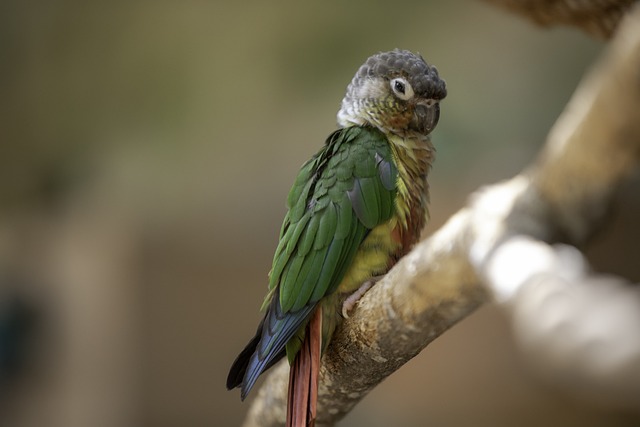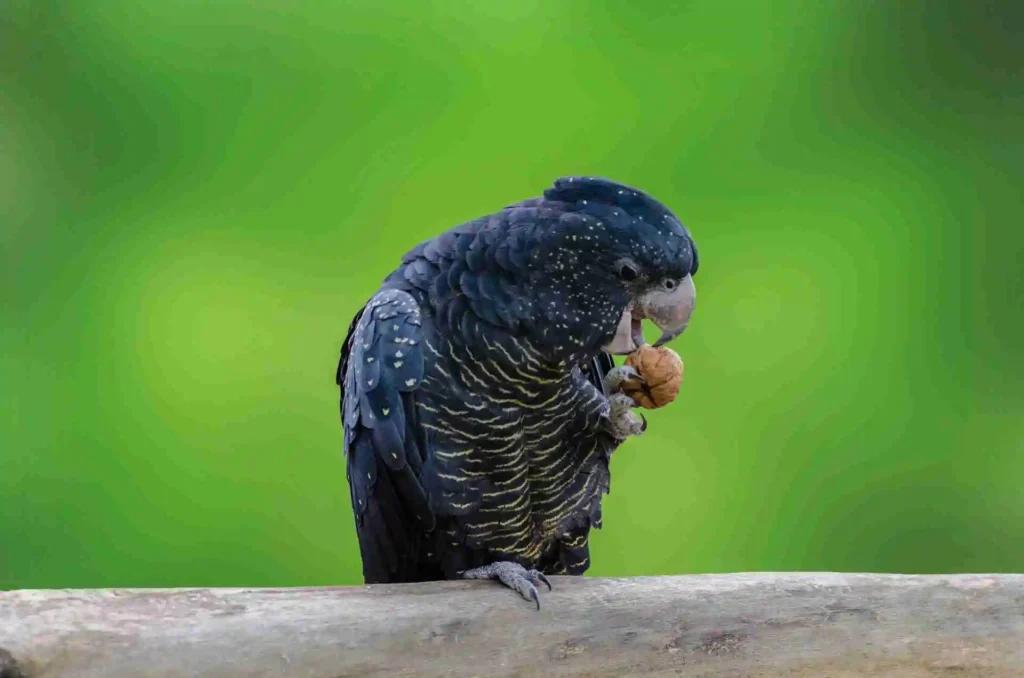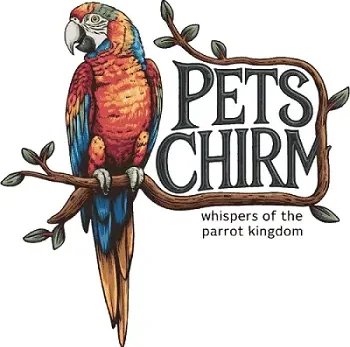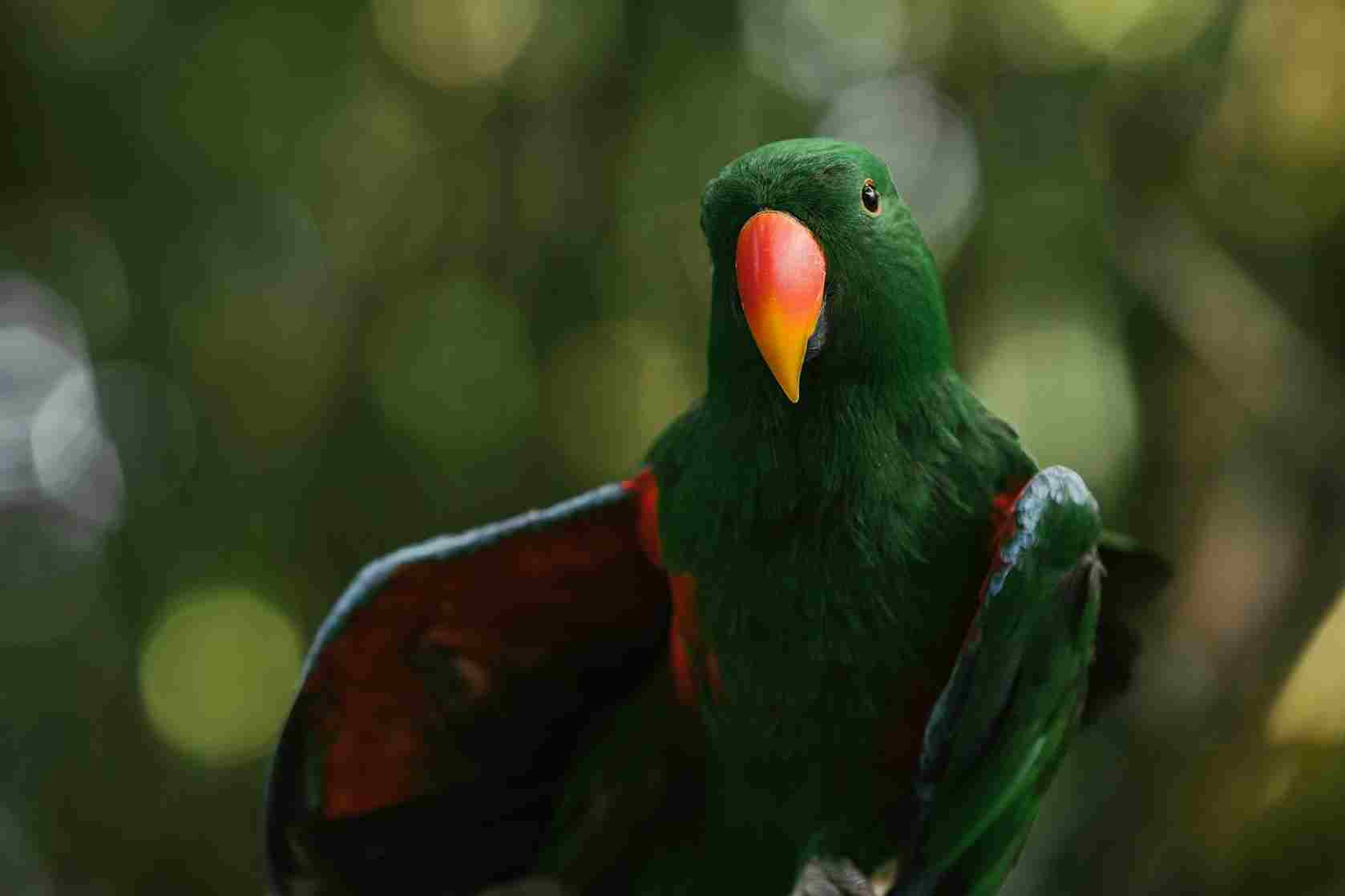Introduction
Conures are witching parrots known for their vibrant plumage, sportful personalities, and social nature. They’ve become decreasingly popular as faves due to their tender address and capability to bond nearly with their possessors. From the eye-catching Sun Conure to the fascinating herbage- Cheeked Conure, these catcalls offer a variety of characteristics and traits that feed different cultures and preferences.
Understanding the colorful types of conures is essential for implicit possessors, as each species has unique care conditions, personality traits, and health considerations. In this composition, we will explore the top 10 types of conures, furnishing detailed perceptivity into their descriptions, personality traits, care conditions, and common health issues.
1. Sun Conure
Description
The Sun Conure( Aratinga solstitialis) is a small to medium-sized pantomimist, fluently honored by its bright unheroic, and orange feathers with traces of green on the body and tail. This striking achromatism makes it a favorite among raspberry suckers.
Personality Traits
Sun Conures are known for their gregarious and friendly nature. They’re largely social catcalls that thrive on commerce with their possessors and can be relatively oral. Their sportful capers and capability to learn tricks make them amusing companions.
Care Conditions
- Diet A balanced diet includes high-quality bullets, fresh fruits, and vegetables.
- Casing gives a commodious pen with a plenitude of toys and perches to keep them mentally stimulated.
- Socialization diurnal commerce is pivotal, as these catcalls can come wearied and develop behavioral issues if neglected.
Common Health Issues
Sun Conures are prone to rotundity if not given enough exercise. They can also suffer from respiratory issues if exposed to drafts or poor air quality.
2. Green- Cheeked Conure
Description
The Green- Cheeked Conure( Pyrrhura molinae) is lower, measuring about 10 elevations in length. They have a green body with a distinctive gray-blue sect and a vibrant red under the tail, making them visually appealing.
Personality Traits
These conures are known for their sportful and tender nature. They tend to be quieter than other conure species, making them suitable for apartment living. They’re social catcalls and frequently form strong bonds with their possessors.
Care Conditions
- Diet A diet rich in bullets, along with fruits and vegetables, is essential.
- Casing A medium-sized pen with climbing openings and toys for enrichment is recommended.
- Socialization Regular commerce and internal stimulation are vital to help tedium.
Common Health Issues
Green- Cheeked Conures can be susceptible to feather plucking due to stress or tedium. Regular warhorse check-ups can help cover their health.
3. Blue- Crowned Conure
Description
The BlueCrowned Conure( Aratinga acuticaudata) features a striking blue crown and green body, with an unheroic-green tinge on the underbodies. They’re slightly larger than the Green-Cheeked Conure, measuring about 12 elevations in length.
Personality Traits
Blue-crowned Conures are known for their sportful and curious geste. They’re intelligent and can learn colorful tricks and commands, making them engaging faves.
Care Conditions
- Diet A varied diet of bullets, fruits, and vegetables is essential for their health.
- Casing They need a commodious pen with a plenitude of toys to keep them enthralled.
- Socialization diurnal commerce is pivotal for their emotional well-being.
Common Health Issues
These catcalls can be prone to rotundity and feather selection. Regular warhorse visits are essential for maintaining their health.
4. Jenday Conure
Description
The Jenday Conure( Aratinga jandaya) is known for its vibrant unheroic and orange achromatism, with green bodies and a short, square tail. They generally reach around 12 elevations in length.
Personality Traits
Jenday Conures are social, friendly, and largely active catcalls. They’re known for their sportful capers and can be relatively oral, frequently mimicking sounds and expressions.
Care Conditions
- Diet A diet conforming to high-quality bullets, along with fresh fruits and vegetables, is necessary.
- Casing A large pen with perches, toys, and openings for climbing is important.
- Socialization diurnal commerce and internal stimulation are essential to keep them happy.
Common Health Issues
Jenday Conures can suffer from respiratory issues if exposed to drafts. They’re also susceptible to rotundity if not given enough exercise.
5. Nanday Conure
Description
The Nanday Conure( Aratinga Monday) is recognizable by its black facial markings and bright green body with unheroic under the tail. They’re roughly 12 elevations long.
Personality Traits
Nanday Conures are lively, intelligent, and can be relatively oral. They enjoy interacting with their possessors and frequently develop a sportful and tender bond.
Care Conditions
- Diet A balanced diet includes bullets, fresh fruits, and vegetables.
- casing gives a commodious pen with colorful toys for stimulation.
- Socialization diurnal commerce and playtime are essential for their happiness.
Common Health Issues
Nanday Conures can be prone to rotundity and feather plucking. Regular warhorse check-ups are important for maintaining their health.
6. Maroon- Bellied Conure
Description
The MaroonBellied Conure( Pyrrhura frontalis) features a green body with a distinct maroon belly. They’re lower than other conures, measuring about 9- 10 elevations in length.
Personality Traits
These conures are known for their sweet and gentle disposition. They tend to be quieter than other conure species and are excellent for families and apartment resides.
Care Conditions
- Diet A diet of bullets, seeds, and fresh fruits and vegetables is recommended.
- Casing A medium-sized pen with perches and toys for enrichment is important.
- Socialization Regular commerce and internal stimulation are pivotal for their well-being.
Common Health Issues
Maroon-bellied conures can be susceptible to respiratory infections. Maintaining a clean terrain and regular warhorse visits are essential for their health.

7. Peach- Fronted Conure
Description
The Peach-Fronted Conure( Eupsittula aurea) is known for its peach-colored forepart and cheeks, differing beautifully with its green body. They generally reach about 10- 11 elevations in length.
Personality Traits
These conures are social, friendly, and enjoy interacting with their possessors. They’re known for their sportful and curious nature, making them amusing companions.
Care Conditions
- Diet A balanced diet of bullets, fresh fruits, and vegetables is essential.
- Casing A commodious pen with a plenitude of toys and climbing openings is important for their physical and internal stimulation.
- Socialization diurnal commerce and playtime are pivotal for their happiness.
Common Health Issues
Peach- Peach-fronted conures can develop feather-picking issues if they come wearied. Regular warhorse check-ups can help cover their health.
8. White-Eyed Conure
Description
The White-Eyed Conure( Aratinga leucophthalmus) features a striking appearance with white eyes and a generally green body. They generally measure about 12 elevations in length.
Personality Traits
White-Eyed Conures are known for their sportful and friendly address. They’re intelligent and enjoy interacting with their possessors, making them engaging faves.
Care Conditions
Diet A varied diet of bullets, seeds, and fresh fruits and vegetables is essential.
casing They bear a commodious pen with climbing openings and toys.
Socialization diurnal commerce and internal stimulation are pivotal for their emotional well-being.
Common Health Issues
These catcalls can be prone to rotundity and respiratory issues if not watched for duly. Regular warhorse visits are essential for maintaining their health.
9. Half- Moon Conure
Description
The Half-Moon Conure( Cyanoliseus patagonus) is known for its distinctive half-moon-shaped marking on its face and various plumage. They generally measure around 11 elevations in length.
Personality Traits
Half-Moon Conures are sportful, tender, and known for their friendly disposition. They enjoy interacting with their possessors and can be relatively oral.
Care Conditions
- Diet A diet rich in bullets, fresh fruits, and vegetables is essential for their health.
- Casing gives a commodious pen with colorful toys for stimulation.
- Socialization diurnal commerce is vital to help tedium.
Common Health Issues
HalfMoon Conures can suffer from respiratory issues if exposed to drafts. They’re also prone to rotundity if not given enough exercise.
10. Dusky-Headed Conure
Description
The Dusky-Headed Conure( Aratinga weddellii) features a distinctive argentine head and green body, with hints of unheroic on the underbodies. They’re medium-sized catcalls, measuring about 12 elevations in length.
Personality Traits
These conures are known for their sportful and tender nature. They’re intelligent and can learn colorful tricks, making them engaging companions.
Care Conditions
- Diet A balanced diet of bullets, fresh fruits, and vegetables is essential.
- Casing A commodious pen with climbing openings and toys is important for their well-being.
- Socialization diurnal commerce and internal stimulation are pivotal to keeping them happy.
Common Health Issues
Dusky- Headed Conures can be prone to rotundity and feather-picking

| Type of Conure | Description | Personality Traits |
|---|---|---|
| Sun Conure | Bright yellow with orange and green accents | Playful, social, and vocal |
| Green-Cheeked Conure | Small, with green body and maroon accents | Affectionate, gentle, and mischievous |
| Blue-Crowned Conure | Small, with a green body and maroon accents | Intelligent, playful, and energetic |
| Jenday Conure | Bright yellow with green wings | Friendly, social, and loud |
FAQs
1. What’s a conure?
Conures are tiny to medium-sized parrots that go to the family Psittacidae. They’re known for their vibrant colors, sportful nature, and social geste, making them popular faves.
2. How long do conures live?
The lifetime of a conure generally ranges from 15 to 30 times, depending on the species and the care they admit. furnishing proper nutrition, regular veterinary check-ups and a loving terrain can help ensure a long, healthy life.
3. Are conures good faves for newcomers?
Yes, numerous types of conures, like the Green-Cheeked and Sun Conure, are well-suited for freshman raspberry possessors. They’re social and interactive, making them great companions. still, implicit possessors should be prepared for their social requirements and declamations.


2 thoughts on “Top 10 Types of Conures You Need to Know About”